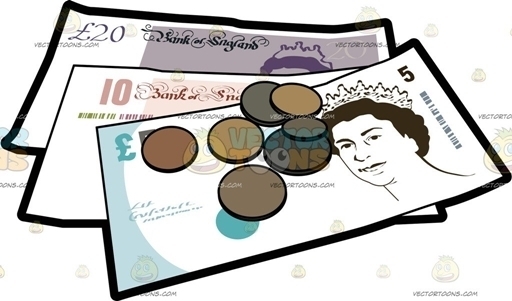“On the plus side, some positives come out of the wreckage caused by these events…”
.
We need to be ‘making do’ in these tricky times. Perhaps you or your neighbours have got some ideas on how we can do this. Why not enter the Champions Awards with a ‘make do and mend’ project?
Enter the Champions Awards 2023 – Sustainable Sidmouth Champion Awards
In the meantime, all sorts are offering advice on how we can ‘make do’ – including Barclaycard:

From re-using back-to-school items to starting side-hustles, new data from Barclaycard reveals how Brits are changing their spending behaviour to make their money go further during the cost-of-living crisis…
Coping with the Economic Crisis: What Will Consumers Do? | Supermarkets in your pocket.
But as with the idea that ‘make do and mend’ might help us live more sustainably, there might be ‘some positives coming out of the wreckage caused by these events’.
The Rural Services Network have reposted an interesting piece from ‘Dr Food’ – with “a quick and witty review of the grocery world developments, with a special focus on the United Kingdom”:
Coping with the Economic Crisis: What Will Consumers Do?
Posted on October 31, 2022 by Prof David Hughes & Miguel Flavián
It’s torrid times around the world for many consumers and businesses and, likely, it’ll get worse before it gets better. But, hey, it WILL get better! What’s up? Pundits are quick to advise us that a succession of unprecedented events have brought us to where we are now. Harold Macmillan, Prime Minister in the UK 60+ years ago, when asked what was the biggest challenge for a statesperson or an economy, famously replied “Events, my dear boy, events”! The past 3 years, we’ve sure had events to disturb us but none were unprecedented as all had happened before!: Covid – what about the 1918 Spanish flu pandemic; rocketing food price inflation this year – at similar levels to the August 1973 food price peaks when, wait for it, the Russian and Ukrainian harvests failed and oil prices surged because of OPEC action; Russia invades the Ukraine – yes, just like they did in 2014; extreme weather events – hmm we’ve just become much more aware of what’s been happening for years, i.e. climate change. They’ve all happened before and they’ll happen again!
On the plus side, some positives come out of the wreckage caused by these events coinciding:
- food security appears on the political agenda as we learn that, irrespective of national income, we can’t simply assume that food for our citizens will always be available when we want it. Sensible food policies may emerge (fingers crossed!);
- similarly, energy security is top of mind – European dependency on Russian oil and gas at a time when Russia is at war with a neighbouring European country and Europe is placing heavy economic sanctions on the warmonger beggars belief. Surely, this will lead Europe towards a more secure set of energy policies with the prospect of renewable energy being sharply accelerated? Further, at the household level, certainly in the UK, we’re much more conscious of “saving energy” because it translates directly into saving money in income-stressed homes;
- and what about key manufacturing input security? It’s worrying to note the reliance that the world has on chips from Taiwan at a time when China is sabre-rattling and President Chi has just been anointed as de facto President for Life!;
- the extraordinary global shortage of labour brought about by, inter alia, the pandemic, governments restricting immigration, better-heeled older workers reassessing their life preferences, has accelerated the commercialisation of automation, not least in food production;
- and the globalisation of news coverage has made us increasingly aware of the impact of climate change on peoples’ lives and, for our own self-interest, the impact that weather has on food supplies.
Coping with the Economic Crisis: What Will Consumers Do? | Supermarkets in your pocket.